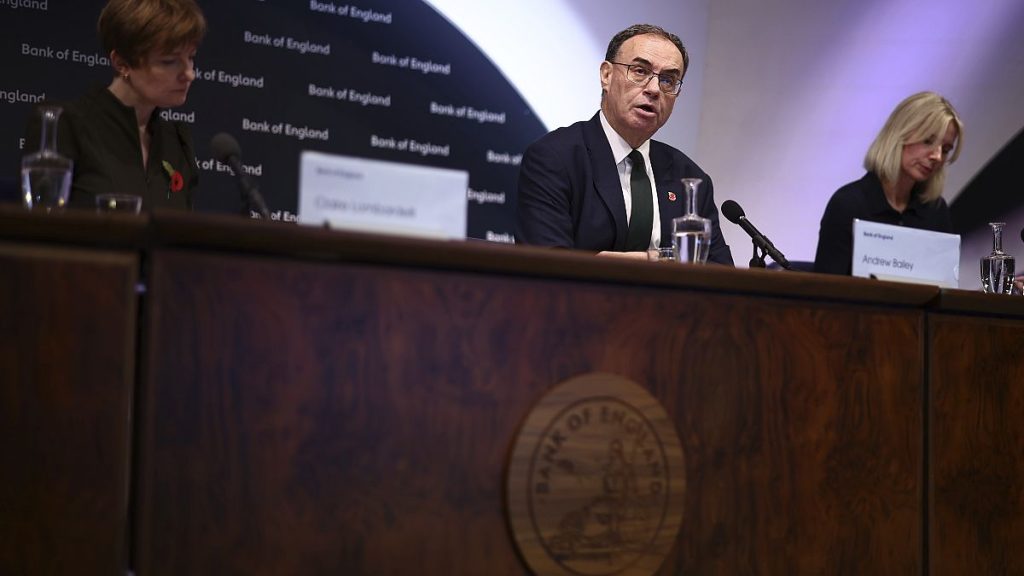Bank of England Governor Andrew Bailey highlighted a shift in trade patterns with Europe that has had a negative impact on the UK economy. This change has affected the country’s potential supply, particularly in the goods trade. Bailey acknowledged the challenges presented by geopolitical shocks, a fragmenting world economy, and an ageing population, but emphasized that leaving the EU has also played a role in the decrease in potential supply. He expressed optimism about the prospect of warmer relations with the EU following the promise made by the incoming Labour government to reset the Brexit deal, which they claim was poorly executed.
Incoming Prime Minister Keir Starmer has stated that he does not intend to rejoin the EU’s single market or customs union, decisions that would necessitate UK producers adhering to EU regulations without having a say in them. However, he has pledged to negotiate trade restrictions related to musicians travelling and agri-food exports, as current EU border controls impose significant checks and requirements for exporters. In a meeting with European Commission President Ursula von der Leyen, Starmer and von der Leyen vowed to enhance cooperation across various sectors, including the economy, energy, and security. The UK officially left the EU in 2020 following the 2016 referendum, and Starmer has been vocal in his criticism of the minimalistic trade deal negotiated by his predecessor Boris Johnson.
Bailey stressed the importance of rebuilding relations with the EU while respecting the decision made by the British people to leave the union. He acknowledged the challenges posed by the changing trading relationship with the EU, which has had a direct impact on the level of potential supply in the UK economy. The Governor’s comments underscore the complexities and nuances involved in navigating post-Brexit trade dynamics and the necessity of finding opportunities to mitigate the negative effects of the shifting trade patterns. The UK’s departure from the EU has been a significant factor in determining the country’s economic trajectory, and policymakers are actively working to address the challenges posed by this new reality.
The Labour government’s commitment to addressing the shortcomings of the Brexit deal and their willingness to engage in negotiations with the EU signal a potential shift towards a more collaborative approach to handling post-Brexit trade relations. Starmer’s emphasis on easing trade restrictions and fostering cooperation across various sectors indicates a proactive stance towards mitigating the adverse impacts of leaving the EU. His meetings with EU officials and pledges to strengthen cooperation reflect a desire to build constructive and mutually beneficial relationships, despite the challenges posed by the UK’s departure from the EU. As the country navigates this new chapter in its economic history, efforts to rebuild relations with the EU and explore opportunities for collaboration will be crucial in shaping the UK’s post-Brexit economic landscape.
Overall, the remarks made by Governor Andrew Bailey and the actions taken by Prime Minister Keir Starmer underscore the complexities and challenges associated with the UK’s post-Brexit economic landscape. The impact of shifting trade patterns with the EU on the country’s potential supply, combined with the geopolitical and economic realities of the modern world, necessitate a strategic and collaborative approach to addressing the challenges posed by Brexit. By seeking to rebuild relations with the EU, negotiate trade restrictions, and strengthen cooperation in key sectors, policymakers in the UK are working towards mitigating the negative effects of leaving the EU and fostering a more resilient and dynamic economy. As the country continues to navigate the repercussions of Brexit, a commitment to proactive engagement with the EU and a focus on seizing opportunities for collaboration will be essential in shaping the UK’s economic future.


